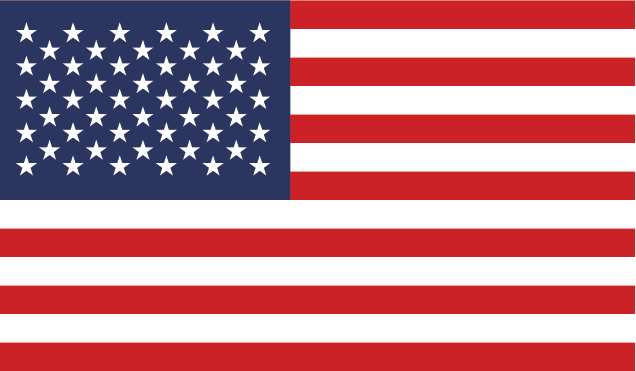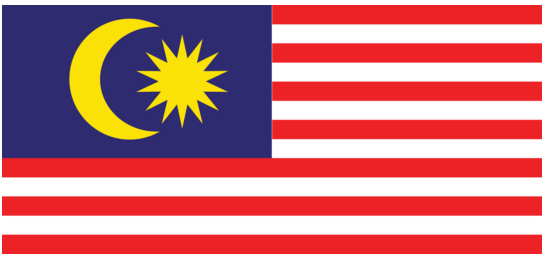
Malaysia Joins Brics as Partner Country: What It Means
Malaysia as a Brics 'Partner Country': Implications and Significance
On October 26, 2024, Malaysia, along with its neighbors Thailand and Indonesia, was officially recognized as a ‘partner country’ of the Brics alliance. Here’s a detailed look at what this means and the implications for Malaysia.
What is Brics?
Brics is an economic alliance that originally consisted of Brazil, Russia, India, and China, collectively known as the 'Bric' countries. The term was coined by former Goldman Sachs chief economist Jim O'Neill in 2001, highlighting these countries' potential to challenge the global economic dominance of Western nations. In 2010, South Africa joined, and the alliance was renamed Brics. Recently, Brics expanded to include Iran, Egypt, Ethiopia, and the United Arab Emirates (UAE), with Argentina declining an invitation and Saudi Arabia's participation confirmed but not formally finalized.
Why is Malaysia Eager to Join Brics?
Malaysia's move to join Brics is part of Prime Minister Datuk Seri Anwar Ibrahim's strategy to maintain the country's independence and non-alignment in both economic and geostrategic terms. Anwar has emphasized that joining Brics will provide Malaysia with "economic opportunities free from external pressures" and aligns with the alliance's goal of strengthening the "Global South," a term referring to developing and under-developed countries primarily in the Southern Hemisphere.
Strategic Importance
Malaysia's geographical location is crucial, as the Straits of Malacca, which connects the Pacific and Indian Oceans, is an important shipping route. Approximately one-third of the world's crude oil passes through this strait, and Brics member states account for 44% of global crude oil production. This strategic importance underscores the value of Malaysia's membership.
Existing Trade Relations
Malaysia already has robust trade relations with several Brics founding members:
- China: China has been Malaysia's largest trading partner for 15 consecutive years since 2009, with bilateral trade valued at RM450.84 billion in 2023.
- India: India is the largest market for Malaysian palm oil and Malaysia's third-largest trading partner in the ASEAN region.
- Russia: Russia was Malaysia's eighth-largest trading partner among European countries, with bilateral trade valued at RM14.22 billion in 2023.
What Does 'Partner Country' Status Mean?
The 'partner country' status is a step towards assessing a country's readiness for full-fledged or other forms of Brics membership. This status was introduced as part of Brics' membership expansion procedure adopted at the 2023 Brics Summit in Johannesburg, South Africa. Partner countries, which now include 13 nations besides Malaysia, do not possess voting rights in Brics affairs but may participate in selective meetings. The scope of engagement for partner countries is not yet fully defined, and it is unclear if they will be inducted as full members after a probationary period.
Future Implications
Malaysia's participation as a partner country is expected to enhance its trade ties with ASEAN and the Brics bloc. Economy Minister Rafizi Ramli mentioned that the bloc would reap synergies in trade ties with ASEAN next year, as Malaysia takes the chairmanship. This move is seen as a significant step in Malaysia's economic and geostrategic positioning, offering new opportunities for growth and cooperation.
In summary, Malaysia's status as a Brics 'partner country' reflects its strategic economic and geopolitical alignment with the Global South, enhancing its trade relations and potential for future membership in the Brics alliance.
co-Founder of Pongo
 English
English 



